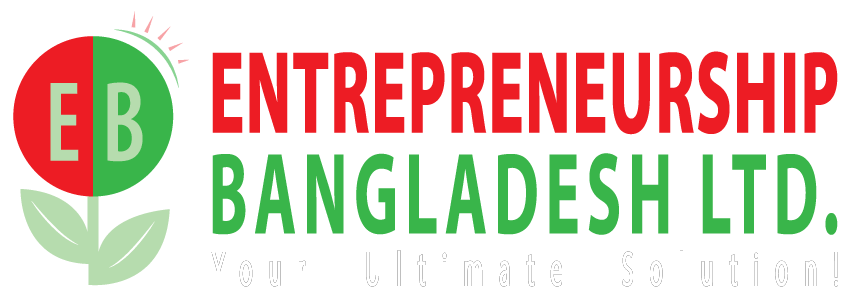Readymade Garments
Bangladesh RMG Industry- A global hub for garments manufacturing and sourcing
Overview
Renowned for its strong manufacturing capabilities and thriving ecosystem, the Bangladesh RMG industry has gone from strength to strength and has become a global hub for apparel sourcing. At present, the industry consists of over four thousand factories. RMG exports from Bangladesh includes a wide variety of knitwear & woven garments products such as shirts, trousers, T Shirt, denim, jackets, sweaters, etc.
Growing at an annual rate of 7%, RMG exports from Bangladesh more than doubled between 2011 and 2019. As of December 2020, total exports around stood at USD 27.4 billion, capturing a market share of 6.30% out of the global apparel export market of $435 billion. While the industry suffered a temporary setback due to covid19, demand has started to recover and normalize again.
Today, Bangladesh leads the world in green garment manufacturing with 150 LEED (Leadership in Environmental and Energy in Design) certified factories in the country and another 500 waiting to obtain the LEED certification from United States Green Building Council (USGBC). Currently, nine of the top 10 green garment factories and 40 of the top 100 are located in Bangladesh. Bangladesh’s RMG sector has now transformed into a highly transparent and compliant industry regarding factory safety and value-chain responsibility after initiatives such as the Accord on Fire and Building Safety in Bangladesh, the Alliance for Bangladesh Worker Safety, and the RMG Sustainability Council were successfully undertaken.
Brochures

Bangladesh
Advantages of Bangladesh
Established Ecosystem
Around 1,430 textile mills are present in Bangladesh which includes 796 woven fabric manufacturers with a capacity to produce 3,850 million meters of fabric per annum. In addition, Bangladesh has 240 dying, printing and finishing mills, which manufacturers 3,170 million meters of fabric per annum.
Favorable trade benefits
Bangladesh enjoys duty free access in 52 countries which includes the EU, Australia, New Zealand, Norway, Switzerland, Japan, Iceland, South Korea, Canada, Chile, India (46 RMG products), Turkey, China. Bangladesh is also a member of regional blocs SAPTA, SAFTA, APTA, BIMSTEC.
Eco friendly factories
At present, six out of the top 10 eco-friendly platinum LEED (Leadership in Energy and Environmental Design) certified factories worldwide are located in Bangladesh. In addition to having the highest number of LEED-certified factories, Bangladesh is also home to the highest-rated LEED Platinum denim factory, knitting factory, washing plant, and textile mill in the world..
Established Ecosystem
Around 1,430 textile mills are present in Bangladesh which includes 796 woven fabric manufacturers with a capacity to produce 3,850 million meters of fabric per annum. In addition, Bangladesh has 240 dying, printing and finishing mills, which manufacturers 3,170 million meters of fabric per annum.
Favorable trade benefits
Bangladesh enjoys duty free access in 52 countries which includes the EU, Australia, New Zealand, Norway, Switzerland, Japan, Iceland, South Korea, Canada, Chile, India (46 RMG products), Turkey, China. Bangladesh is also a member of regional blocs SAPTA, SAFTA, APTA, BIMSTEC.
Eco friendly factories
At present, six out of the top 10 eco-friendly platinum LEED (Leadership in Energy and Environmental Design) certified factories worldwide are located in Bangladesh. In addition to having the highest number of LEED-certified factories, Bangladesh is also home to the highest-rated LEED Platinum denim factory, knitting factory, washing plant, and textile mill in the world..


